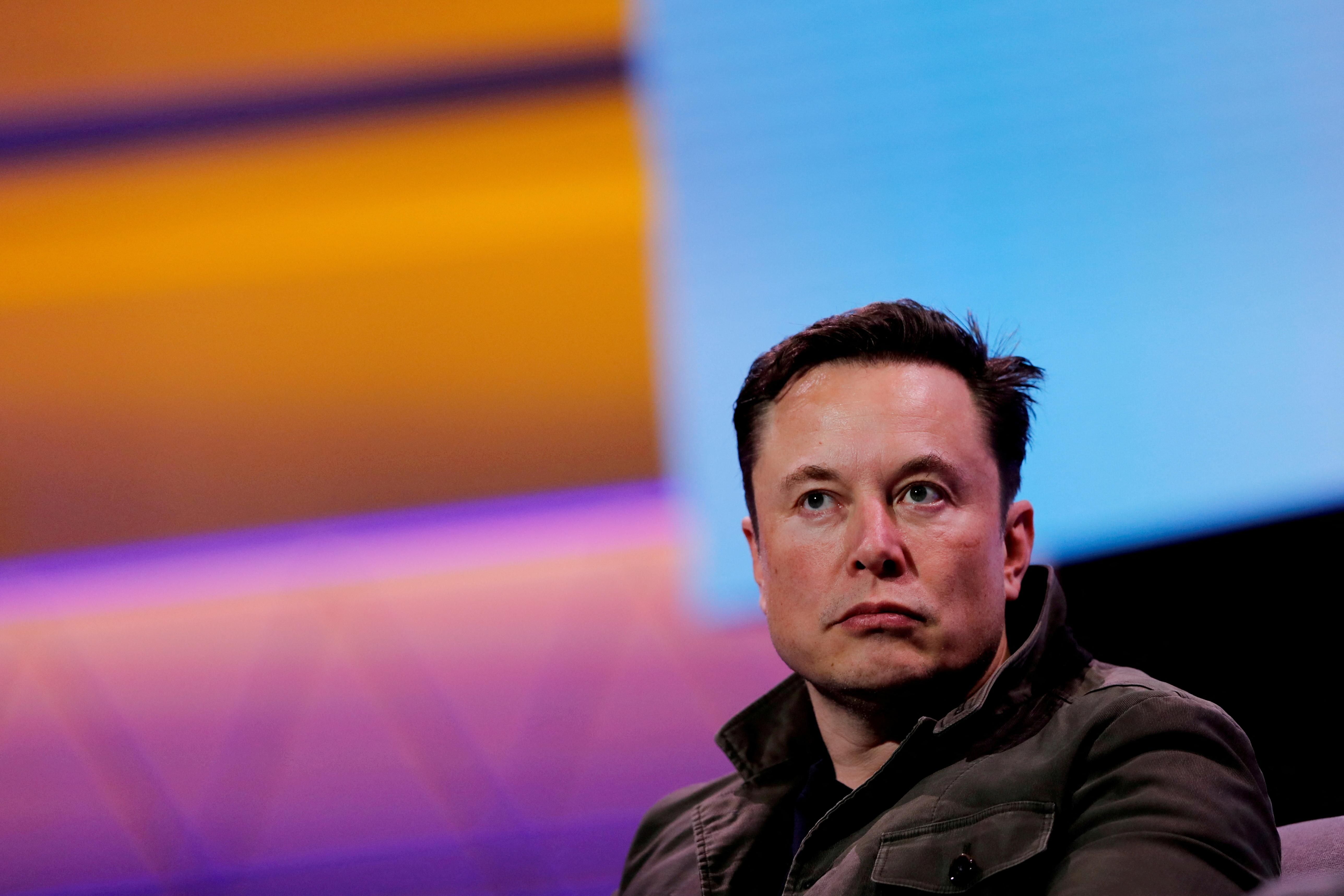December 29, 2021
A scent of Musk in US-China space spat. Pull up! pull up! Beijing earlier this week accused the US of creating danger in space after Chinese astronauts commanding their country’s sparkling new space station nearly crashed into a satellite launched by Elon Musk’s SpaceX. Beijing says the US government has to ensure that Musk’s satellites honor a 1967 treaty on safety in space. Given that SpaceX plans to launch thousands more satellites as part of its Starlink global internet access project, an already cluttered orbit is going to get even more dangerous. Governments will have to sort out who is responsible for policing private spacecraft. In the nearer term, we wonder whether this week’s near-miss space spat will have implications for Musk back on earth: China is currently the only country outside the US where his Tesla electric car company runs a factory (Germany is next, beginning early next year.) Chinese social media has reportedly lit up with criticism of Musk, with anecdotal accounts of calls for a Tesla boycott. That could hurt. Last year, Tesla sold $3 billion worth of cars in China, more than a fifth of its overall sales.
Abbas meets Gantz in Israel. In a meeting decried by hardliners on both sides of the Palestinian-Israeli conflict, Palestinian Authority President Mahmoud Abbas travelled to the home of Israeli Defense Minister Benny Gantz for a two-hour meeting on security and economic relations. The trip, Abbas’s first official visit to Israel in a decade, came against the backdrop of escalating attacks by Jewish settlers in the West Bank, as well as increasing violence by Palestinians in the West Bank and inside Israel. After the meeting, Israel announced “confidence-building measures,” including an advance transfer of taxes to the PA and additional permits for Palestinian businesspeople to cross into Israel. But the militants of Hamas, which controls the Gaza Strip, blasted Abbas’ move as treasonous, while the rightwing Likud party of former PM Bibi Netanyahu warned of dangerous “concessions” to the Palestinians. Still, some 60 percent of Palestinians polled say that anything to improve their daily lives is worth pursuing. That puts Abbas on the spot to deliver — the same poll shows three-quarters of Palestinians want him to resign. Overall, the Abbas-Gantz meeting is hardly a breakthrough. The official position of Israeli PM Naftali Bennett is that “there won’t be” a renewed peace process anytime soon. But in a conflict that has rarely seen significant leaps of progress, merely opening the way to constructive talks is always worth keeping an eye on.
Putin requests call with Biden. The Biden administration has announced that the US president will hold another call with Russia’s President Putin on Thursday afternoon “to discuss a range of topics, including upcoming diplomatic engagements with Russia.” Crucially, the White House says Putin asked for the meeting. The presence of tens of thousands of Russian troops near the border with Ukraine has set Europe and the US on edge and NATO on alert. But the threat of a Russian invasion is tempered by the high economic and political costs that Russian casualties and an occupation of parts of Ukraine hostile to Moscow would impose. We’ll be watching for any sign that Putin can draw some concession from Biden that can help him claim a political victory without a shot being fired.
More For You
- YouTube
How is the US is reshaping global power dynamics, using tariffs and unilateral action to challenge the international order it once led? Michael Froman joins Ian Bremmer on GZERO World to discuss.
Most Popular
- YouTube
In this Quick Take from Munich, Ian Bremmer examines the state of the transatlantic alliance as the 62nd Munich Security Conference concludes.
- YouTube
At the 2026 Munich Security Conference, Brad Smith announces the launch of the Trusted Tech Alliance, a coalition of global technology leaders, including Microsoft, committing to secure cross-border tech flows, ethical governance, and stronger data protections.
When the US shift from defending the postwar rules-based order to challenging it, what kind of global system emerges? CFR President Michael Froman joins Ian Bremmer on the GZERO World Podcast to discuss the global order under Trump's second term.
© 2025 GZERO Media. All Rights Reserved | A Eurasia Group media company.
